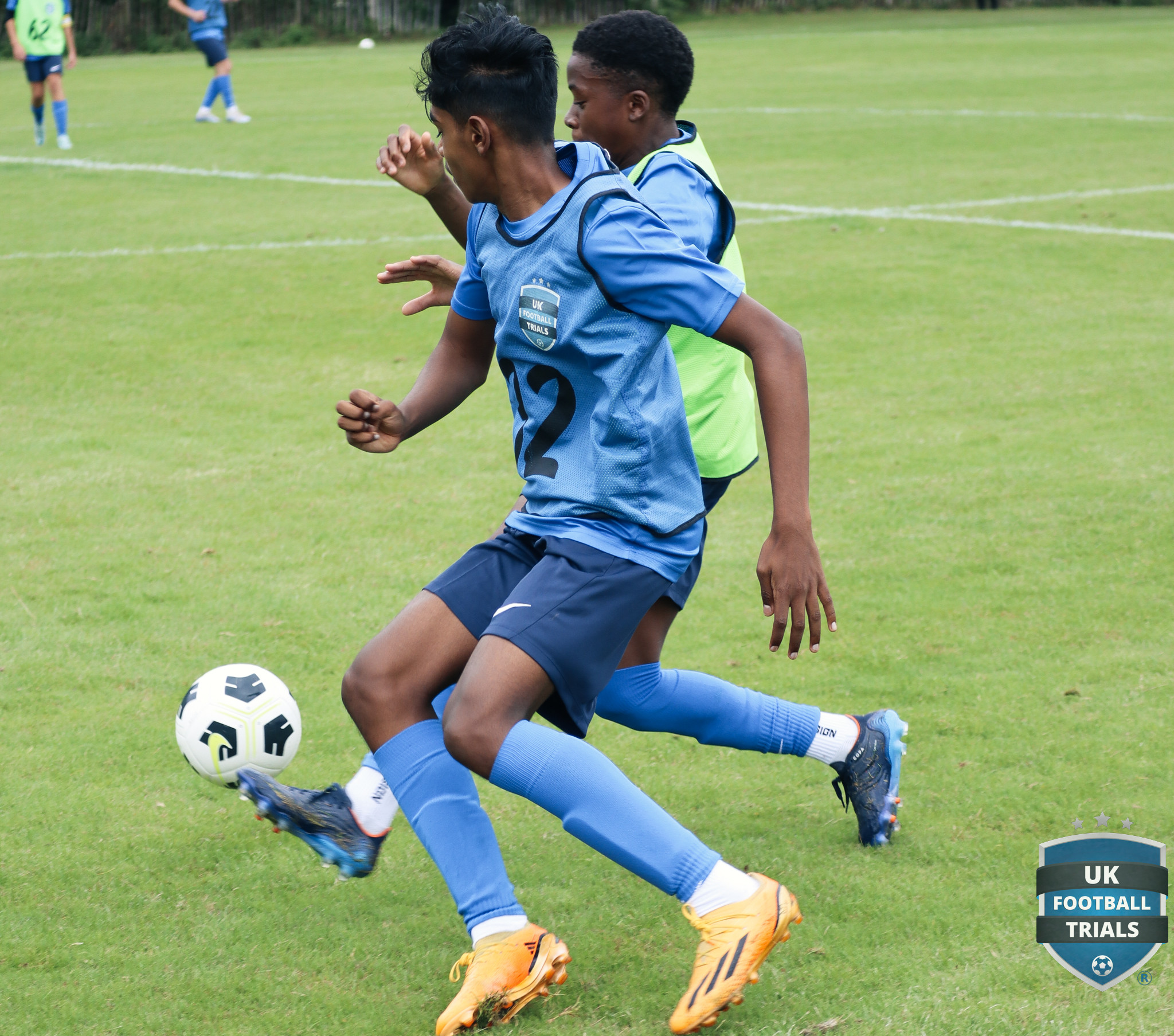
No-one was born a professional footballer.
There are no short cuts. Everyone in professional football, players, coaches, scouts and managers, would say practice is the basic building block of your football ability.
There is no short cut to improving – the main message to younger players from all the greats is to practice, practice, practice! It is well documented that the training and practice routines of the players in the Premier League require a degree of dedication and discipline that most ‘normal’ young people have trouble getting their head round.
Not that this applies only to football. Look at any professional sportsperson who has got to the top of their sport and ask them about the hours they have spent in practice to reach the top.
Talking of hours, you may have heard of the 10,000-hour rule. It was not invented by Malcolm Gladwell, but it was certainly brought to the public’s attention by him in the book ‘Outliers’, when it was the title of one of the chapters. It explained a study by a Professor Erikson from the University of Colorado in the USA, who studied violin players. He reached the conclusion the reason that some were better than others was that over a number of years, the better violinists practiced for longer hours. The total time that the best violinists had practiced for by the age of 20 was about 10,000 hours. That’s 4 hours a day, five days a week for 10 years. Although there have been studies since which have tried to explain ability in terms of natural gifts such as reflexes and eyesight, nevertheless the theory is largely accepted as being correct. If two individuals are equally gifted, the one who practices longest and hardest will end up the best. In golf, after he had holed yet another bunker shot at the Masters in Augusta, at the press conference afterwards the great South African golfer Gary Player was asked if he thought he was lucky to hole it. His famous reply. ‘It’s a funny thing, the more I practice the luckier I get’.
But practicing keepy uppies for 10,000 hours is not going to make you a great footballer. It’s not just about the quantity of practice, it’s about the quality as well. So, it helps if you decide before each session what you are going to practice, why you are going to practice it, and how you are going to practice it. Be an ‘honest’ player. Think about your practice sessions, and don’t just go out and kick a ball about with no aim or purpose.
Remember the main areas you need to work on. First, and possibly the most important, there are the technical and skill-based drills, for example your first touch. Then there is the physical side of the game, to improve your fitness levels, core strength and agility which are such integral parts of your athleticism. Then there is the mental side of your game. Things like tactical awareness.
So please don’t practice aimlessly and waste your precious time. Think about how to spend your time constructively and allocate your practice time across all the disciplines.




